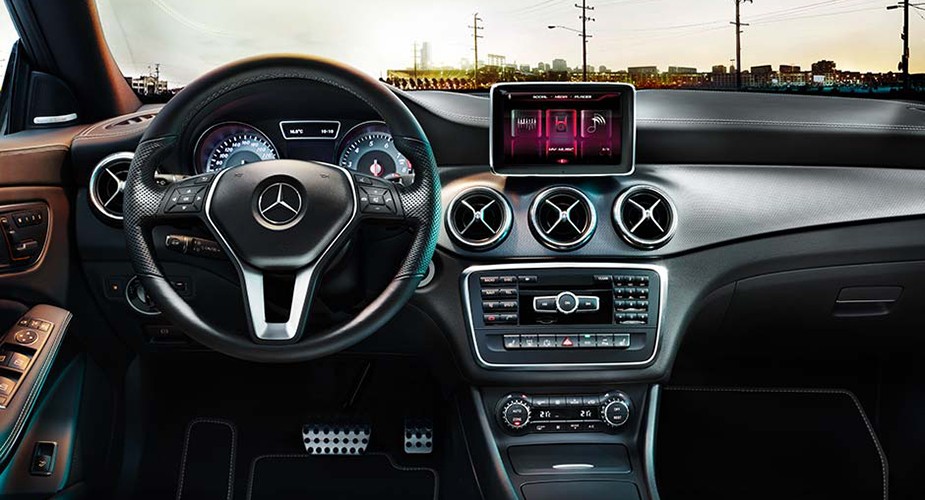New Air Conditioning Refrigerant Faces Protests from Daimler and Volkswagen
Giancarlo Perlas January 8, 2013Air Conditioning units are meant to keep everything cool. However, as the European Union pushed for the switch of refrigerants from R-134a to R-1234yf for new cars this 2013, things have gone hot.
The new chemical was developed by Dupont and Honeywell. It was a product of years of research and millions of dollars of investment. According to the developers, the successor to the R-134a is 99.7% more environment-friendly. Then, upon passing the protocols of the EU, the new chemical was quickly embraced by the Union to the point that it decreed that the new cars of 2013 should now use it.
But Daimler stood its ground and persisted to use the former. Their basis for the protest is the result of the recent head-on collision test that they conducted with a B-Class at the Sindelfingen track. Based on 20 results from 20 tests, the new coolant had a strong tendency to catch fire as soon as it hit the hot engine of the car. This was in contrast to the same series of tests that they conducted with the 134a. In addition, the R-1234yf proved to be very dangerous as it was converted into hydrogen fluoride during the collision tests. Hydrogen fluoride is far more hazardous to humans than hydrogen cyanide especially in higher doses. Apparently, the chemical which was released during the test was powerful enough to turn the glass of the car’s windshield into white. In the aftermath of the test, Daimler recalled all the cars that it already shipped which were equipped with R-1234yf.
A Bloomberg report also stated a similar protest by Volkswagen. Although they do not have new cars that are affected by the decree, they still openly stated their objection. Even some German and Austrian firefighter’s organizations, as well as testing agencies, lobbied to get the new chemical to be banned. Thirteen car companies have conducted independent tests too due to the alarming claims of Daimler.
However, other popular car companies like Chevrolet and GMC committed themselves on the EU pronouncement. Notably, Toyota openly supported the switch because their tests involving the R-1234yf did not yield any undesirable results.
On the side of Dupont and Honeywell, they stated that the chemical is completely safe. They added that Daimler was simply against the switch because the new chemical is more costly that its predecessor. A Honeywell manager further accused Daimler of staging the whole test in order to get the result that they wanted.
One Daimler engineer commented with Reuter that the claim of Dupont and Honeywell are unbelievable because despite the developer’s complex tests using overly sensitive instruments, they did not detect anything. But all that Daimler did was drive around a few laps, punch a very small hole in the refrigerant line, and the car immediately caught fire.





Comments (9)
Pingback: New Air Conditioning Refrigerant Faces Protests from Daimler and Volkswagen | Adjustable Air Conditioner
Pingback: Daimler Remain Firm on Their Stand Against Using the New Coolant | BenzInsider.com - A Mercedes-Benz Fan Blog
Pingback: Daimler Decides To Develop A New Coolant That Will Comply With EU | BenzInsider.com - A Mercedes-Benz Fan Blog
Pingback: Mercedes-Benz Cars In Danger of Getting Recalled by EU - BenzInsider